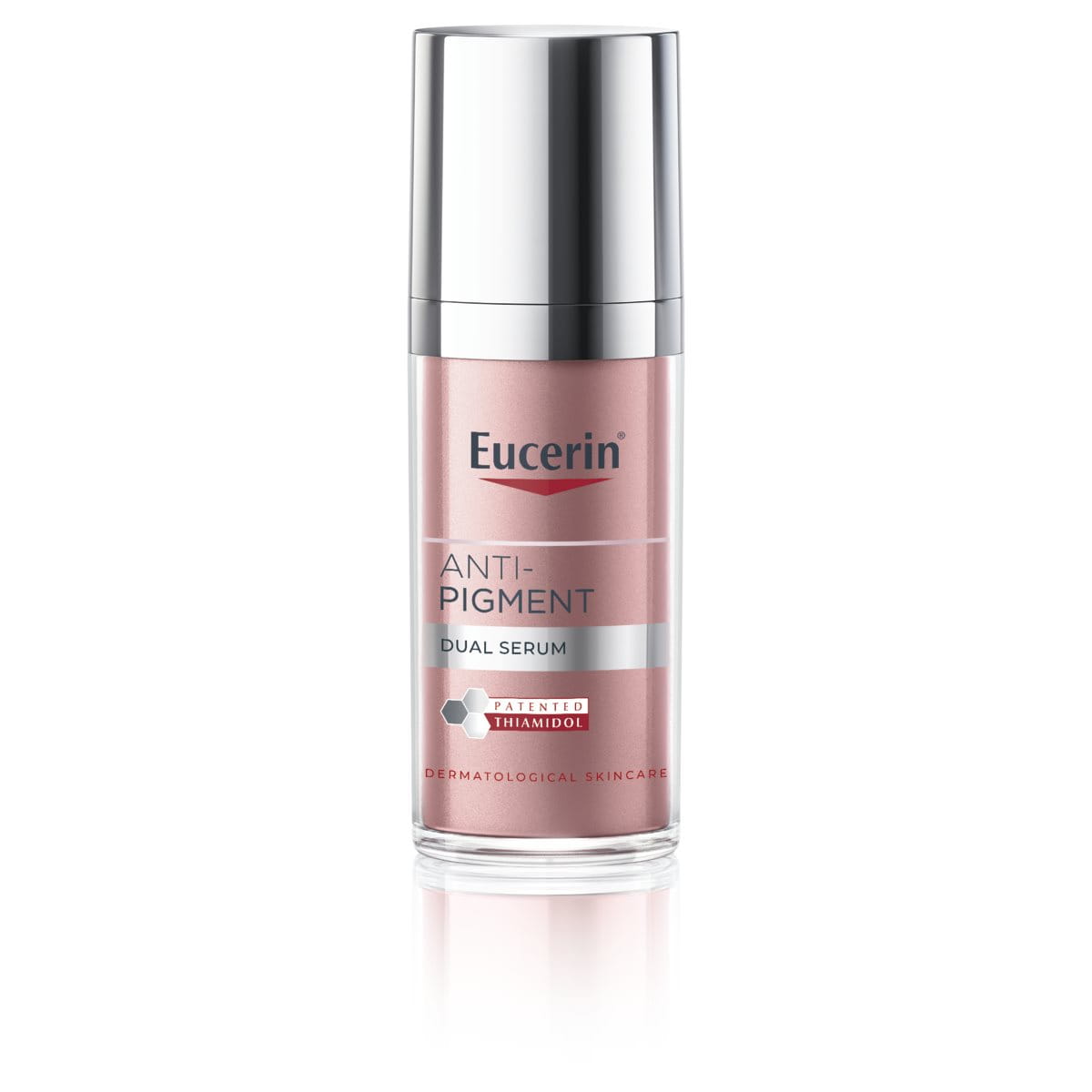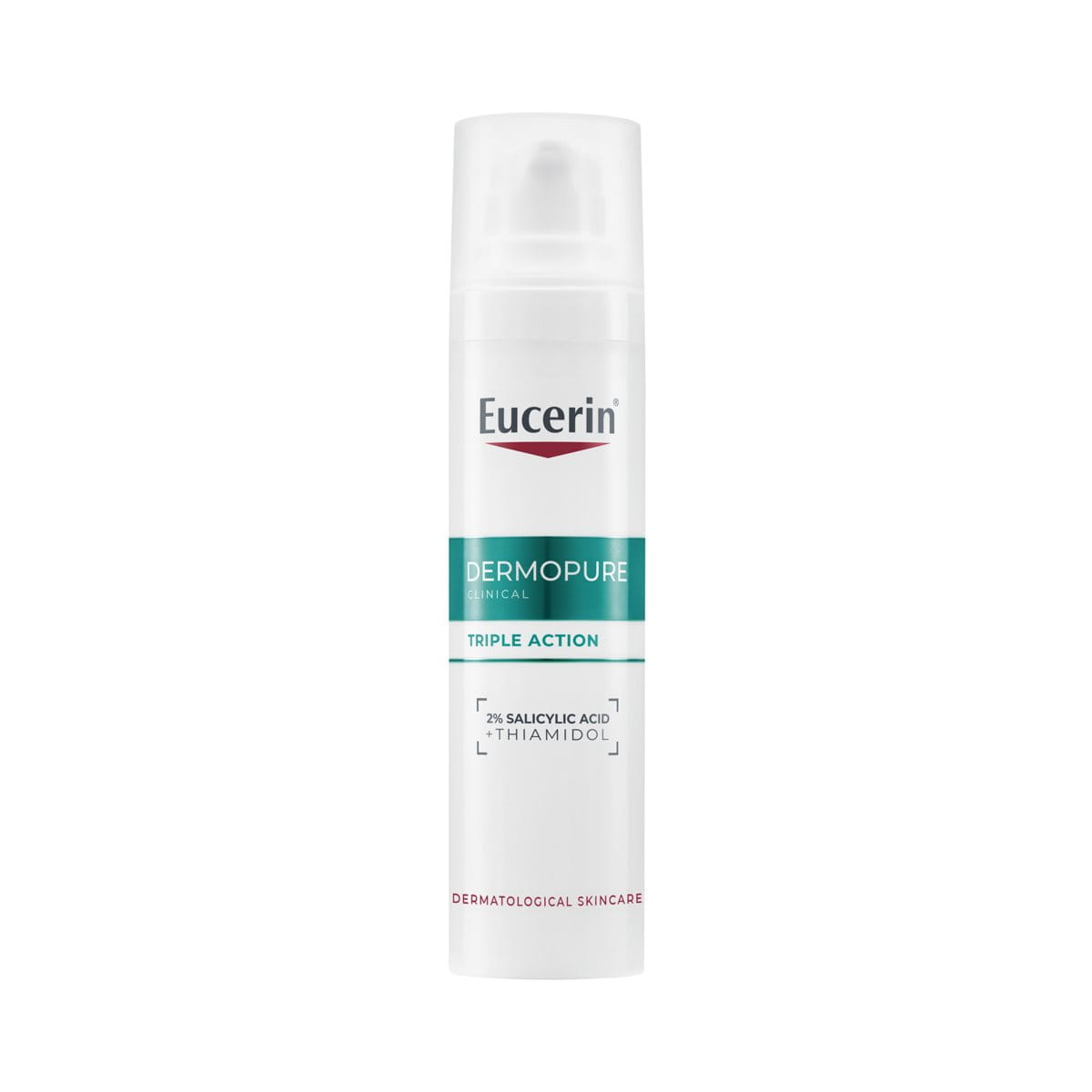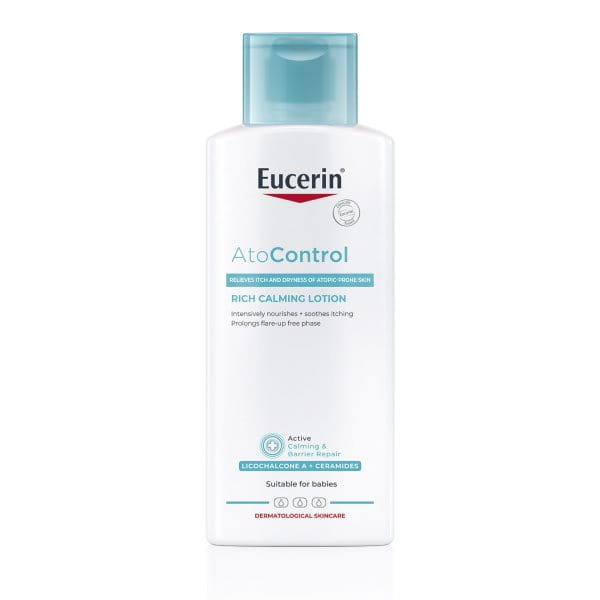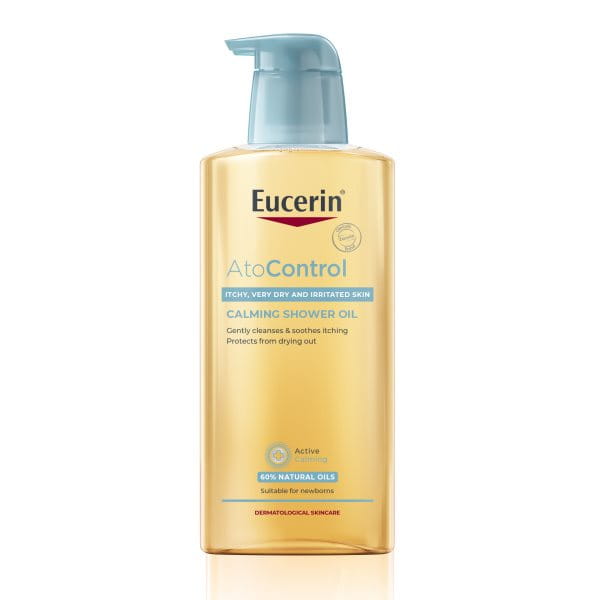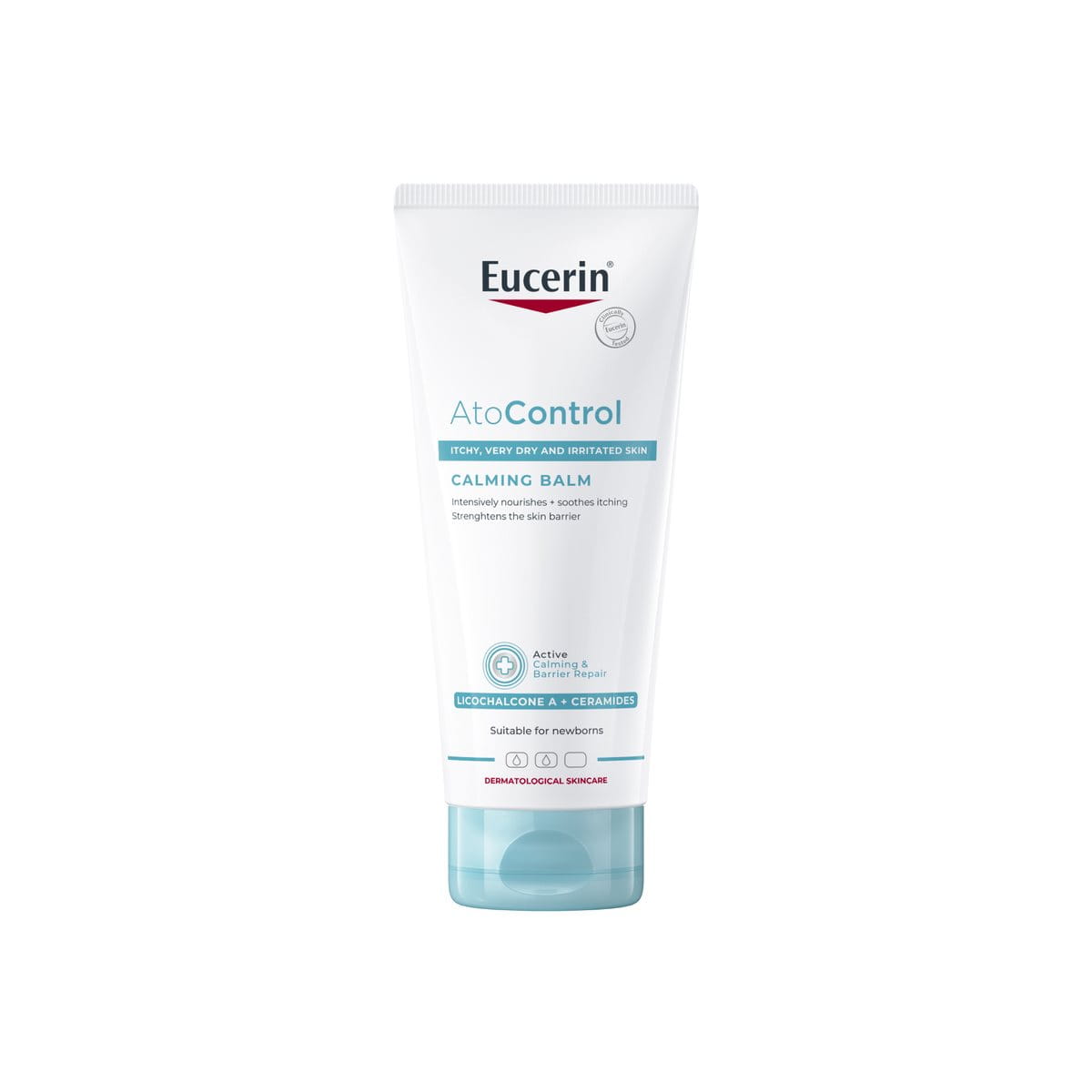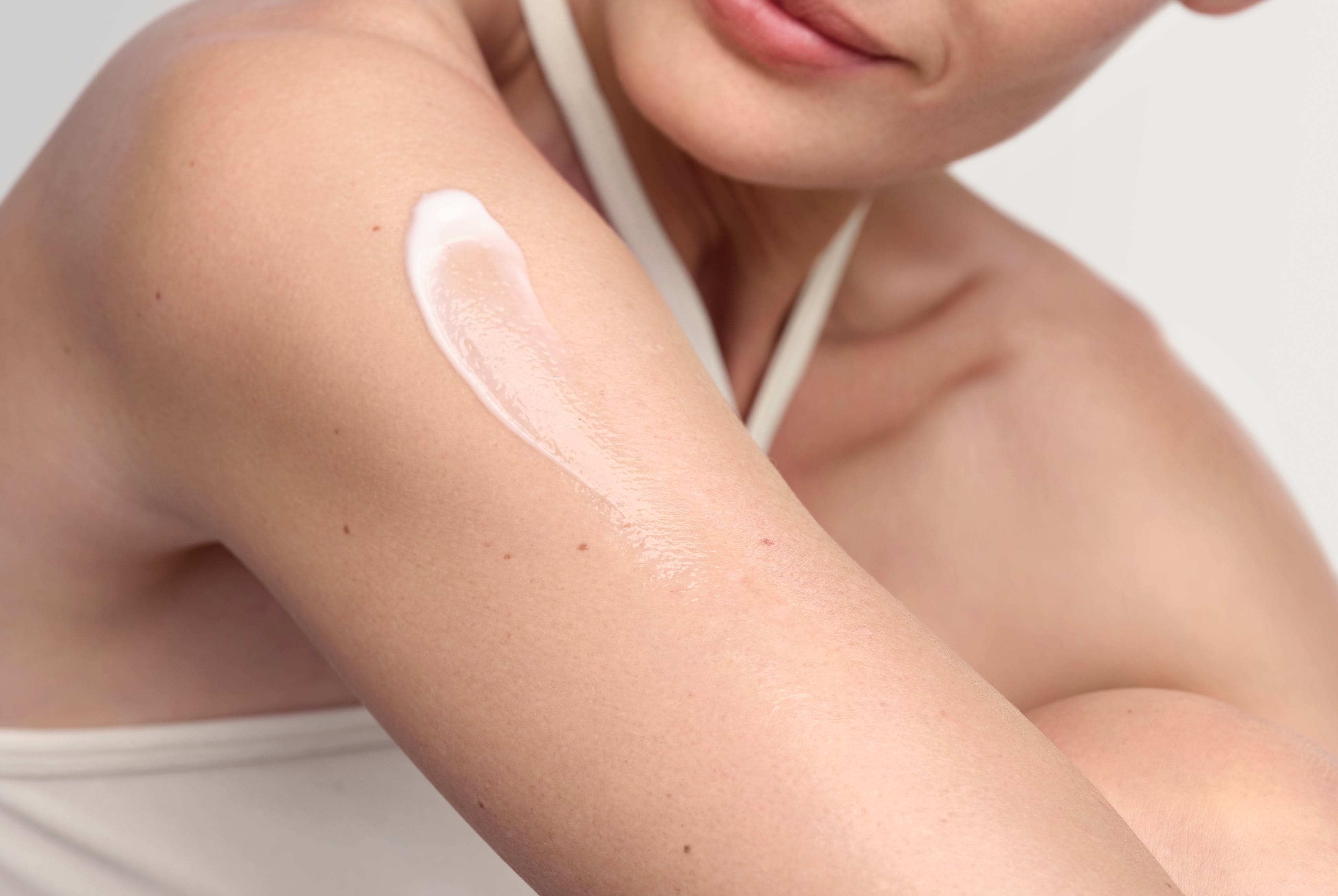Discoid eczema, also known as discoid dermatitis or nummular dermatitis, can cause patches of eczema that appear circular or in an oval shape. These patches can also be coin-shaped and sized and often start as mild discoid eczema. Discoid dermatitis can often be mistaken for psoriasis due to the similarity of symptoms between the two.
This condition is not limited to one specific part of the body, although typically it does not affect the face or scalp. Early-stage or mild discoid eczema typically starts on the limbs, particularly the legs.
Some other features of discoid eczema include:
After a few days, the patches can become raised and develop blisters which then start to ooze, which can become very itchy, cracked, crusty, and infected if not left untreated. Eventually, the patches and surface become scalier with the centres of the patches clear, making the skin dry and flaky. Over time, these patches may reduce or increase in occurrence, usually in the same places as they appeared initially.
